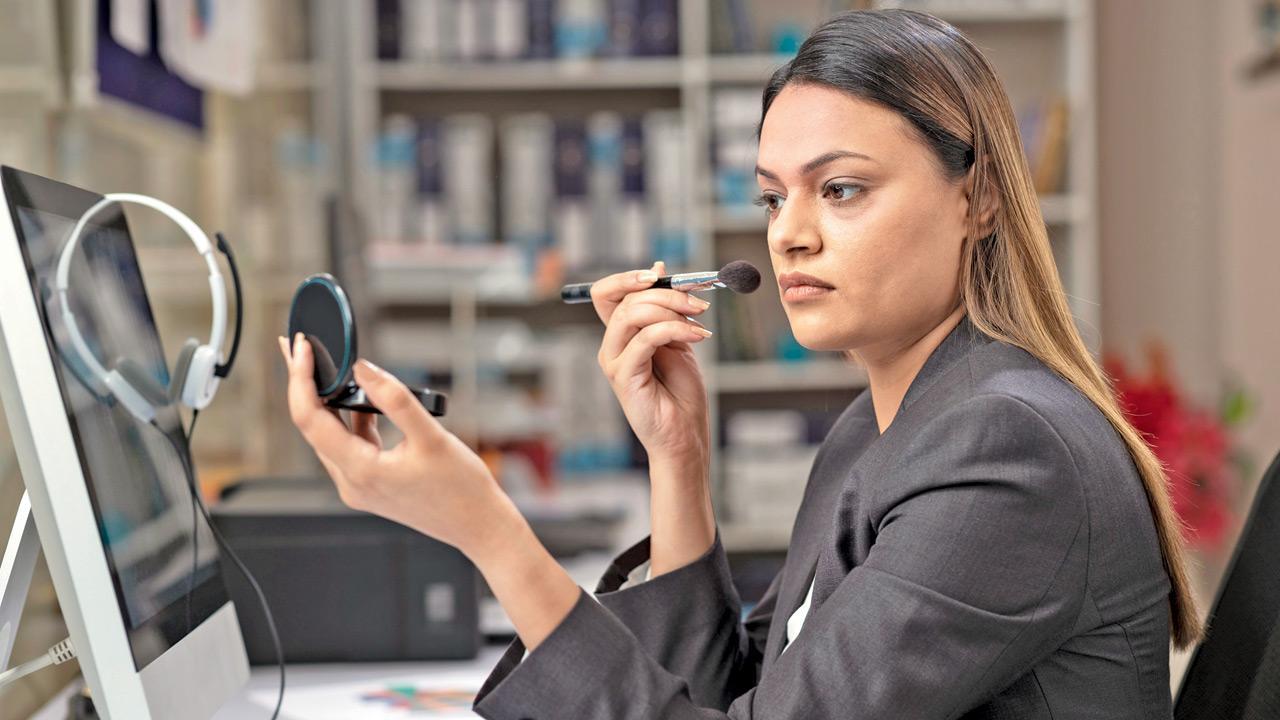While ‘clean beauty’ has become a buzzword in India’s burgeoning cosmetics and skincare industry, in the absence of regulation, it can be open to misuse by manufacturers

Representation pic
If you’re in the market for a skincare or colour cosmetic product, you don’t need to look too far to find a bevy of (relatively pricey) brands positioning themselves as champions of ‘clean beauty’. And, to the untrained eye, the term ‘clean’ brings with it connotations of superiority that could easily lead you to believe that these products are, in some way, better for you than their counterparts. But dig a little deeper, and you’ll find that the ambit of what qualifies as a ‘clean’ product is arbitrary at best.
ADVERTISEMENT
“Contrary to popular perception, ‘clean’ beauty is more of a marketing or advertising term as opposed to one that’s based on the products’ chemical composition. The most commonly accepted definition is that clean products are toxin-free. This again, is a debatable concept, as there is no substantial data backing why many ingredients that are branded as toxins should be avoided or what their long-term impact is on the body. For instance, in the case of parabens [that many cosmetic brands claim to avoid], there was only one study with a very small group of participants that claimed to find an adverse reaction. That was subsequently blown out of proportion, despite the fact that the US FDA does not discourage the use of parabens in formulations. Similarly, sulphates are another hair-care no-no as far as many brands are concerned as they can be drying. However, if you exclude sulphates from formulations intended for dandruff-prone or oily scalps, the resultant product will never thoroughly clean your scalp,” explains dermatologist Dr Chytra Anand, who is the founder of Skin Q, a skincare brand.
On the plus side, the popularity of clean beauty has spawned a growing awareness about what goes into skincare products and a more nuanced understanding of sensitive skin types, she adds: “An allergy to fragrances that many skincare products contain is very common. Many self-proclaimed clean brands are recognising the need, therefore, to create products that are free of such allergens.”
Nikita Deshpande, Dr Chytra Anand and Colette Austin
A common misconception about clean beauty products is that they are inherently better for the environment. “While certain ingredients, such as formaldehydes, that are avoided by clean brands are also harmful to the environment, it doesn’t necessarily translate into these brands being completely sustainable. Sustainability is not just about the formulation but also how products are manufactured, sourced, packaged, transported, and sold. One cannot talk about sustainability without also considering the entire carbon footprint of the product,” Dr Anand says.
Her views are echoed by Nikita Deshpande, co-founder of Ilana, who explains that just because a product claims to use plant or fruit extracts, it isn’t necessarily more eco-conscious. “On the contrary, it is much more environmentally-friendly to manufacture certain ingredients in labs, as opposed to harvesting entire plants for extracts. Then, there’s also the question of how far ingredients travel; how much plastic or paper is used to package them; whether or not the packaging is reused or recycled; how the manufacturer handles wastes and effluents and various other considerations that cannot be ignored,” she elaborates.
Instead of relying on tags such as clean, sustainable or all-natural, Colette Austin, founder of Skin Pantry, recommends actually reading the ingredients on the label and referring to the brand’s website and social media to better understand their ethics and practices. “In addition to people becoming more aware about the nuances of skincare such as actives and formulations, they have also begun to take interest in how beauty products are manufactured and sold. More than regulations, the future of skincare will emerge from what customers demand from manufacturers; this will compel the latter to become more mindful,” she concludes.
 Subscribe today by clicking the link and stay updated with the latest news!" Click here!
Subscribe today by clicking the link and stay updated with the latest news!" Click here!











